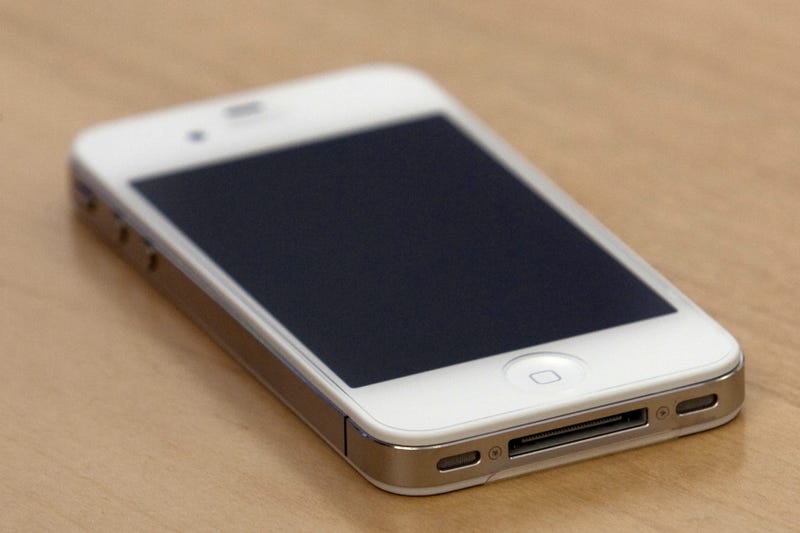
Facebook, Twitter, and Instagram might not be destroying the minds of The Youth™ as much as we thought, according to a recent review published in Educational Psychology. In some cases, social media could even be helping them do better at school.
German researchers analyzed 59 published and unpublished studies that examined the relationship between academic performance and the use of social media. The studies collectively involved almost 30,000 high school and undergraduate students in 19 counties from 2009 to 2016. Of the 59 experiments, 30 were conducted in the U.S.
They found a very small correlation between social media use and poorer grades, and a slightly bigger effect for those who regularly multitasked by logging onto social media sites while studying at the same time. They also found that social media use in general wasn’t associated with less time reported studying—in other words, kids spent roughly the same amount of time studying no matter how much they Instagrammed. And as the researchers expected, there was a small correlation between better grades and intense social media use, but only when that online time was spent discussing homework and other school-related topics.
“Concerns regarding the allegedly disastrous consequences of social networking sites on school performance are unfounded,” senior author Markus Appel, a psychologist at Julius-Maximilians-Universität Würzburg in Bavaria, Germany, said in a statement.
Unexpectedly, the small negative effect of social media was only seen in studies that asked students to self-report their grades—studies that actually documented students’ grades along with their social media use failed to turn up any connection. That suggests, the researchers wrote, that “social media activities actually do not have any relationship with academic outcomes at all.”
As for students whose online habits do seem related to poorer grades, Appel noted that their findings don’t say much about that link. It might be the case that students first start to lag in school then get hooked on social media, rather than social media being one of the reasons their grades start slipping. In either case, though, the connection was quite small.
“We cannot answer this question. Both directions of cause and effect are possible, but they are not very pronounced,” Appel said.
Despite these results, Appel and his colleagues aren’t advocating that parents stay completely in the dark about their kids’ online lives. “Nevertheless, parents should take an interest in what their kids are doing on social media, know the social networks, and be willing to understand the usage patterns,” Appel said. “The more open-minded parents are with respect to their children’s online activities, the better they will be able to communicate with them.”
But while social media may not have a big impact on grades, it does seem to affect other aspects of teens’ lives. A study published in January found that teens have experienced a recent drop in their self-esteem and happiness—a drop that lines up pretty well with the growing, now near-universal adoption of smartphones.
